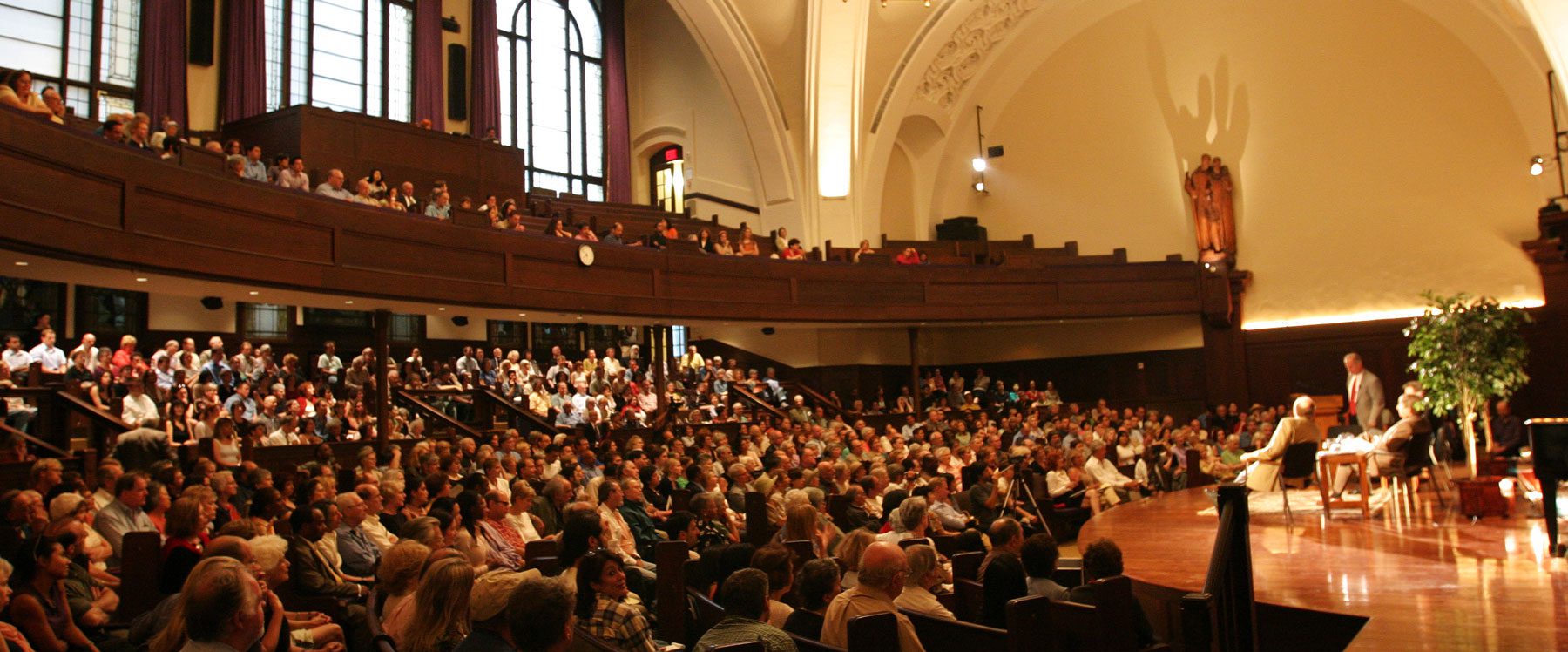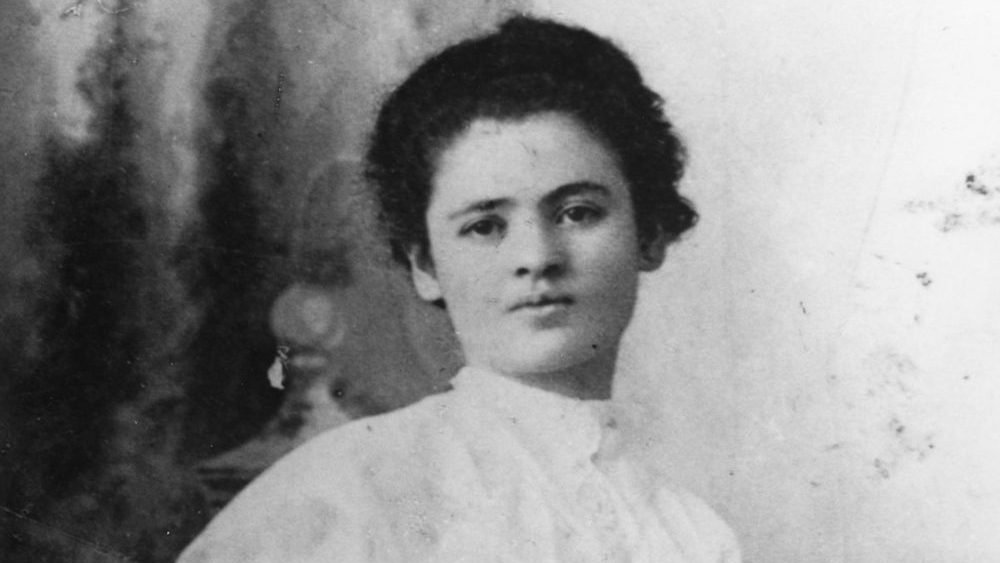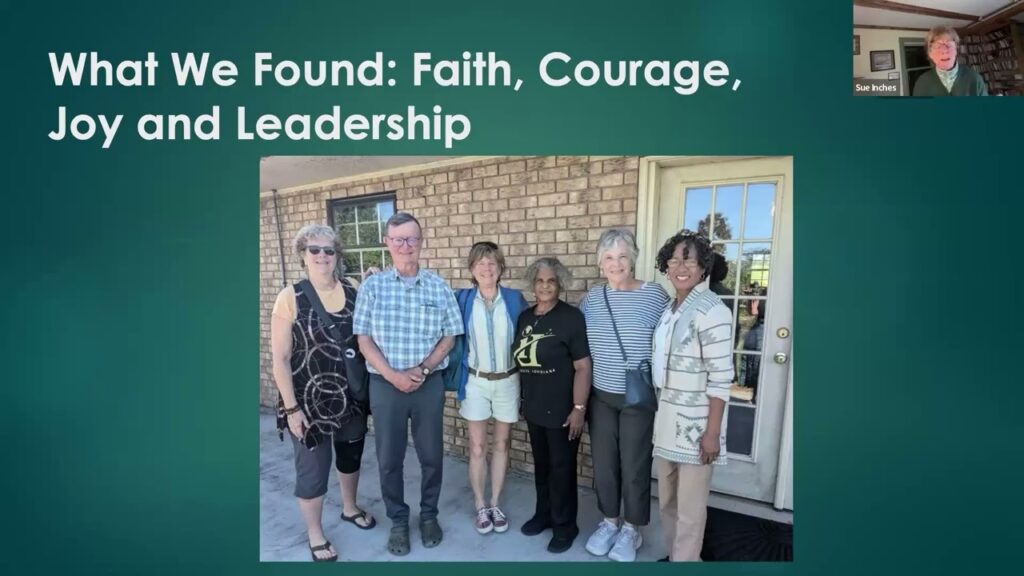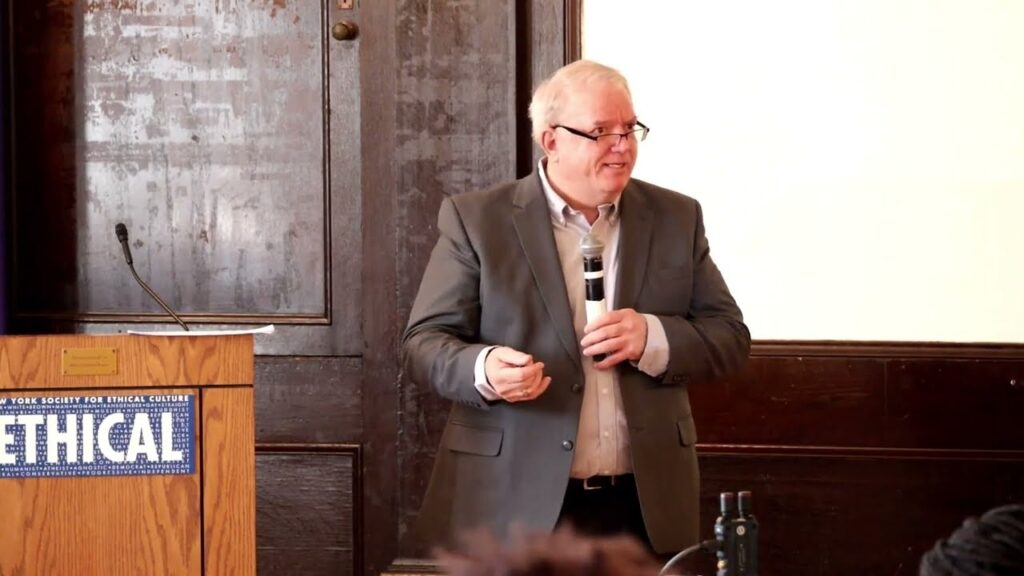
Arise then, women of this day!
Arise, all women who have hearts!
Whether your baptism be of water or of tears!
Say firmly:
“We will not have questions answered by irrelevant agencies,
Our husbands will not come to us, reeking with carnage,
For caresses and applause.
Our sons shall not be taken from us to unlearn
All that we have been able to teach them of charity, mercy and patience.
We, the women of one country,
Will be too tender of those of another country
To allow our sons to be trained to injure theirs.”
Thus begins Julia Ward Howe’s declaration with which she hoped to gather women to take action and to receive formal recognition of a Mother’s Day of Peace. She succeeded at the former, inspiring Ethical Culturists Jane Addams and Anna Garlin Spencer to form the Women’s International League for Peace and Freedom, but failed at the latter. Today Mother’s Day in the United States is associated with flowers and brunch, not calls for peace.
From the bosom of a devastated Earth a voice goes up with
Our own. It says: “Disarm! Disarm!
The sword of murder is not the balance of justice.”
Blood does not wipe out dishonor,
Nor violence indicate possession.
Julia was a religious radical who believed that religion was a matter of “deed, not creed.” She was an ardent abolitionist and, after visiting a Union army camp in 1861, wrote the poem for which she is most remembered, “The Battle Hymn of the Republic,” published in The Atlantic Monthly in 1862. She hoped that the song would draw attention to what she believed was the goal of the Civil War: the ending of slavery.
As men have often forsaken the plough and the anvil
At the summons of war,
Let women now leave all that may be left of home
For a great and earnest day of counsel.
Let them meet first, as women, to bewail and commemorate the dead.
Let them solemnly take counsel with each other as to the means
Whereby the great human family can live in peace. . .
Her experience of the realities of war, its savagery and devastation, moved Julia to take on a new cause in 1870 as the Franco-Prussian War was unfolding: Peace. She called upon women to rise up and oppose war, to cross national lines and recognize that what we hold in common – reverence for life and love of family – can unite us in finding peaceful resolutions to conflict.
In the name of womanhood and humanity, I earnestly ask
That a general congress of women without limit of nationality,
May be appointed and held at someplace deemed most convenient
And the earliest period consistent with its objects,
To promote the alliance of the different nationalities,
The amicable settlement of international questions,
The great and general interests of peace.
War is still being waged around the world and violence still takes many forms. The ground has shifted and the players have changed. In addition to nations at war, we are witnessing groups of people within nations struggling for power and taking that struggle beyond national boundaries. Even as highly developed drones target sites in Pakistan, simple homemade bombs wreak havoc in Boston. We are a world of people unceasingly at war, inflicting violence upon one another on all fronts. And we are afraid; acts of terror work.
Still, I hear the call to peace – in our own unsettled lives, in our relationships, in our communities and around the world. I am inspired by those who ran in the Boston marathon in the direction of those who needed help and confounded by the motivations of the two brothers who attached them. Making sense of violence may be fruitless. Let us, however, rededicate ourselves to peace and imagine all the forms that it can take. It starts with mourning the loss of life, finding purpose in our lives, and joining with others to make love our guiding ethical ideal.







